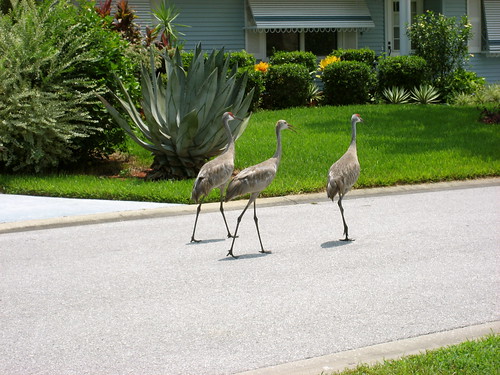I haven’t seen it yet, but I’m sure I will. Repeatedly.
Category Archives: wild kingdom
Start your week with kittens
Xtreme lion cub cuteness
If you don’t live in Washington, DC you might not have been wallowing in the crazy cuteness of the 7 lion cubs born at the National Zoo. Back in August, lions Shera and Luke had a litter of 4 cubs. Then, in September, Naba and Luke had a litter of 3 cubs.
The cubs are named John, Fahari, Zurie, Lelie, Aslan, and Lusaka.
Right now they only get to go out into the lion yard on a limited basis. As they get older, they’re starting to stay out longer. As long as it’s sunny and not raining or snowing, they’re out between approximately 12:30 and 1:30 each day. They’re growing fast, so you’d better hurry if you want to see them while they’re still small(ish) and crazy.
How crazy?
I’ve taken about 100 short videos of them but I haven’t gone through them and culled the ones where people’s heads suddenly block the frame or the camera jerks as I blurt, “Oh My God They Are So Cute!” at Michele Banks. You know, in case she’s forgotten how cute they are.
It was bitterly cold & windy but Husband and I stopped by the zoo on Sunday. Watch the cub on the lower tier, s/he’s adorable. S/he starts out in the little cement cave in the beginning of the video & then at around 2:30 – after mom hops down and they tussle behind a tree – there’s another outbreak of cuteness. Not that they aren’t all cute, because ohmygod that’s a lot of cuteness!
(I may need to re-upload the video. It looked fine but now it’s all pixelated. Hmmm. Maybe my internet connection is just crappy tonight. Please tell me if the video quality is bad).
This isn’t the most exciting video, but I wanted to share it with my mom so I put it on youtube. And since I put it on youtube, I figured I’d share it with you, because I care. Or maybe just because I can. You’ll never know, will you?
Yes, in the ideal world there wouldn’t be a need for zoos and these beautiful lions would live someplace wild, but it’s not and they don’t. Disclaimer: Husband and I donate money to the National Zoo and we’re very fond of it’s critters.
Washington Post: "Dead birds, fish kills prompt doomsday theories, but scientists say they're natural."
Good piece in the Post about all of the media attention garnered by recent wildlife deaths. (How meta.)
I think that doomsday hysteria and speculation that causes panic instead of rational inquiry is irresponsible, but I think news reports about wildlife deaths are important because they expose people not only to natural science but to things that are happening beyond their own backyard or their own community.
Until this morning, I had no idea this had happened:
Poor cranes. They’re such big birds, I can’t begin to imagine the mayhem if a flock that size panicked. Or a flock any size. Big, big birds.
My mom has several families (of non-migratory Sandhill Cranes) nesting in her neighborhood and they entertain me every day while they feast on frogs and lizards in her yard. I’ve mentioned those cranes here before because they’re endlessly amusing. They also scare me half to death on a regular basis when I open the curtains and find one on the other side of the glass staring in (or, more accurately, at it’s reflection). Wakes you up better than coffee.
Worldwide Wildlife Mortality Events tracker & Rusty Blackbirds
The USGS (U.S. Geological Survey) Wildlife Health Centertracks worldwide wildlife mortality events and makes the information they gather available to the public in an easily accessible format. I was relieved to see news sources finally turning to them for a broader perspective on the recent cluster of bird mortality events.
Unfortunately, while events such as the Blackbird deaths in Beebe, Arkansas draw a lot of hysterical speculation, species whose populations are dwindling toward extinction don’t often get a lot of splashy media attention. You may not be able to help ornithologists in Arkansas, but there’s something you can do to help the Rusty Blackbird, whose population has declined between 88 and 93% over the last four decades.
The National Zoo’s Migratory Birds Center’s Spotlight on Birds explains how you can help:
From January 29 through February 13, 2011, you can help scientists learn more about rusty blackbirds and where they spend their winters by participating in the Rusty Blackbird Blitz. Volunteers are asked to search for rusty blackbirds in any potentially suitable habitats and submit their observations via e-Bird.
Go read the whole Spotlight piece and read up on the Rusty Blackbird. Those little guys need your help!

